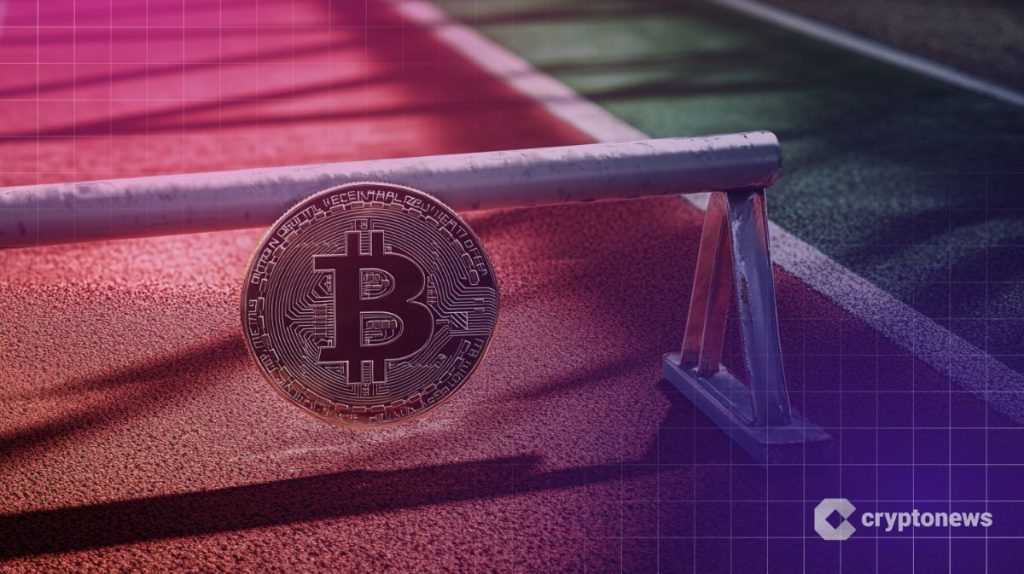Dunamu, the operator of the South Korean crypto exchange Upbit, will have to overcome five legal hurdles if it is to complete its much-vaunted merger with the tech giant Naver, according to a new report.
Naver is the country’s biggest and most prominent internet firm, South Korea’s answer to Google. Upbit, meanwhile, has cornered some 72% of the domestic crypto market.
A Dunamu-Naver merger could create a crypto-tech behemoth on a scale previously unseen in the East Asian market.
However, the South Korean newspaper Hanguk Kyungjae identified several issues that stand in the way of the alliance, despite the merger talk leaving the tech and crypto sectors “abuzz.”
It called these legal hurdles “significant,” and added that “policy uncertainties” could also undermine the bid.
Trading volumes on the South Korean crypto exchange Upbit in the past week. (Source: CoinGecko)
In late 2017, South Korean regulators imposed a rule effectively barring traditional financial companies from doing crypto-related business.
Although they never enshrined this in national law, financial industry guidelines still exclude the possibility of banks and other lenders providing crypto-related services.
Naver wants to merge its Naver Financial unit with Dunamu. The former is classified as an electronic financial service provider under the terms of the Electronic Financial Transactions Act.
Regulators would, in theory, need to modify their guidelines for the merger to go ahead as currently proposed.
The Dunamu Chairman Song Chi-hyung speaking at Seoul National University in 2021. (Source: Seoul National University/Seoul Kyungjae/YouTube/Screenshot)
Domestic market observers think that one of the key goals of a Naver-Dunamu merger centers on the issuance of won-denominated stablecoins and the expansion of the payment ecosystem.
If Naver’s existing Naver Pay platform could make use of a KRW-pegged coin, the firm could expand its presence in the payments market.
However, politicians and regulators remain divided on several key stablecoin-related matters, despite President Lee Jae-myung’s intention to legalize KRW-pegged tokens.
The central Bank of Korea (BOK) has taken a cautious stance, insisting that only commercial banks or consortia where banks are majority stakeholders should be allowed to issue stablecoins.
But some politicians want to allow fintech firms and other IT players to issue their own tokens.
Should the BOK get its way, this could prove a setback. The newspaper wrote:
Story Continues
